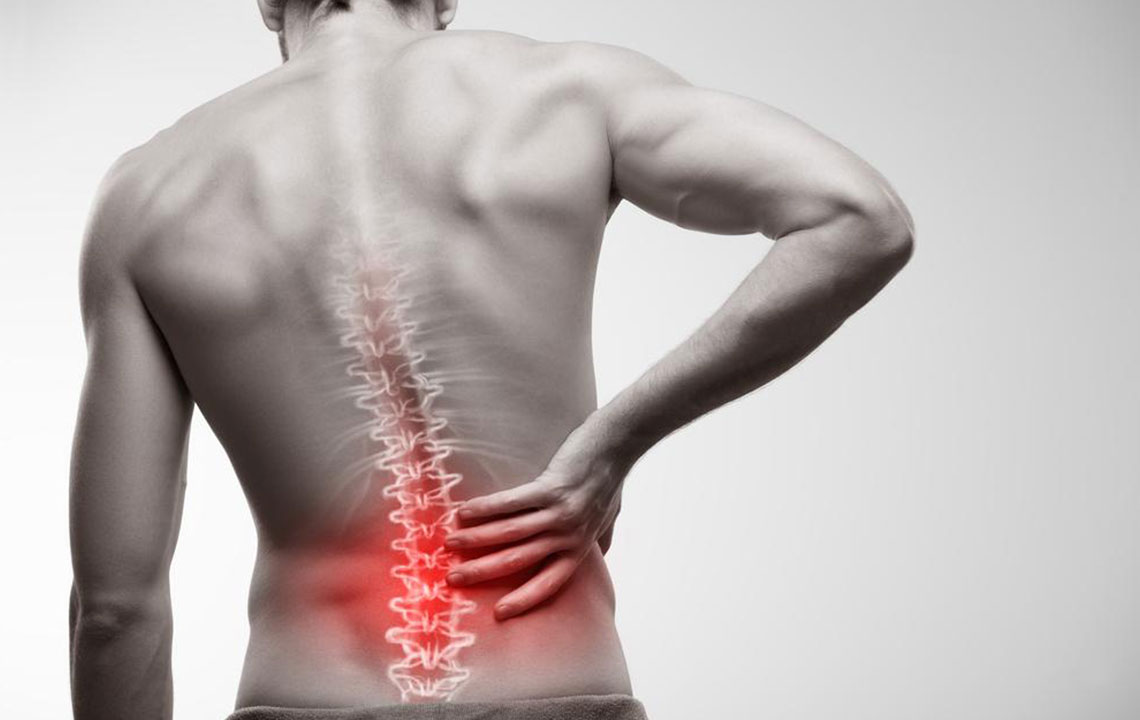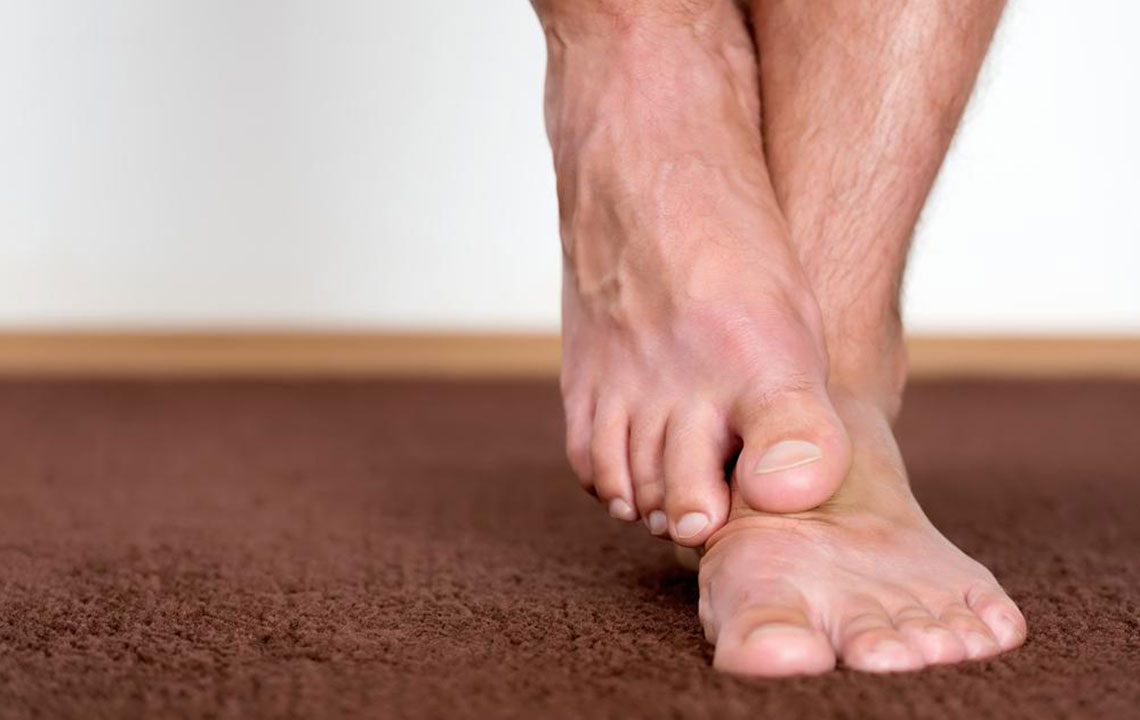Effective Lifestyle Adjustments for Chronic Back Pain Relief
Discover practical lifestyle tips to manage and alleviate chronic back pain. From mindset techniques and exercises to heat and cold therapy, these simple adjustments can improve well-being and reduce discomfort. Incorporate core strengthening, better sleep habits, and alternative therapies like massages and meditation for better relief. While not a cure, these strategies support long-term pain management and promote healthier living overall.

Simple Lifestyle Adjustments for Managing Chronic Back Discomfort
Chronic conditions are characterized by ongoing pain or discomfort lasting weeks or months. Chronic lower back pain predominantly affects the lumbar region, causing persistent discomfort.
Over 50 million individuals nationwide experience chronic back pain, a complex issue with limited clear solutions. Many rely on prescription medications as primary treatment options.
While physical effects are evident, long-term back pain also impacts mental health, often leading to feelings of sadness and anxiety, which can further exacerbate the pain.
This persistent pain can induce negative emotions, creating a feedback loop that worsens the condition. Home remedies and lifestyle modifications may not eliminate the pain entirely but can help ease symptoms gradually and promote healthier habits.
Here are some practical lifestyle strategies to alleviate chronic back discomfort:
Control your mindset: Evidence suggests that pain perception isn't solely physical. The brain processes pain signals differently, meaning mental state plays a significant role. Using pain management techniques, such as mindfulness or cognitive exercises, can alter how your brain interprets pain and may provide relief.
Engage in leg stretching: Tight hamstrings can contribute to lower back strain since these muscles connect the legs to the pelvis. Regular hamstring stretches can help prevent muscle cramps and reduce tension in the lower back.
Apply heat and cold treatments: Hot and cold therapies are effective for joint pain and inflammation. Cold compresses reduce swelling and numbness, while heat increases blood circulation, promoting healing by delivering nutrients to affected areas.
Strengthen your core: Exercises targeting abdominal muscles and the lower back can provide essential support, reducing pain and improving stability.
Prioritize quality sleep: Poor sleep can worsen back pain symptoms. Addressing sleep issues and establishing a relaxing bedtime routine are vital for long-term pain management.
Try alternative therapies: Activities such as aerobic workouts, massages, and meditation boost endorphin production, which naturally alleviates pain and enhances overall well-being.










